Recommendations from our site
“The first task Spinoza set himself in the Tractatus is to undermine the traditional notion of the Bible as the inerrant word of God. He takes the five so-called books of Moses and shows why they probably aren’t by a single person, and certainly not by Moses. As he goes through the various books of the Old Testament, what he’s out to establish is that these writings reflect human ideas, and that they are the ideas of particular people expressed at a particular place and a particular time. Most educated people accept that now, but it was a horrifying idea to the religious establishment in Spinoza’s time…Spinoza thought that the rules by which Jews lived, as derived from the Bible, merely reflected the circumstances of the early state of Israel, and because Israel no longer existed, and times had moved on, he thought these rules had become irrelevant. The dietary laws and so forth that bound the religious community of his time, and which continue to bind the orthodox, were all based, he felt, on a misunderstanding. It was a mistake to suppose that God wanted you to go on living like that even today.” Read more...
Anthony Gottlieb, Philosopher
“This is a work which is perhaps of all Spinoza’s works the most accessible, he is a tremendously significant figure for our modern age.” Read more...
A C Grayling, Philosopher
Q. You wrote an excellent book on the Theological-Political Treatise, called A Book Forged in Hell. Why did you call it that?
Steven Nadler: One of Spinoza’s critics said it was ‘a book forged in Hell by the Devil himself’. Good review! There are a couple of theses in that book that really were unacceptable, not just to ecclesiastics in the 17th century, especially Dutch Reformed ecclesiastics, but to the sovereign authorities. For example, the denial that miracles are possible. Spinoza goes much farther than David Hume did a century or so later. Hume just said that you’re never justified in believing that an event was miraculous. Spinoza’s view was that miracles are metaphysically impossible because God is nature and, if a miracle is defined as God acting contrary to nature, that’s logically impossible. So, miracles are simply events for which we do not happen to know the natural cause.”
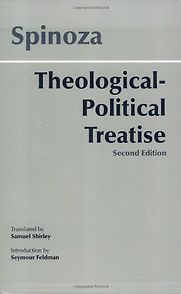
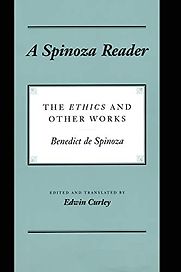
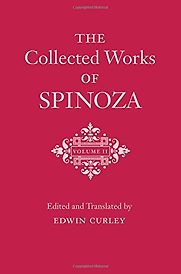
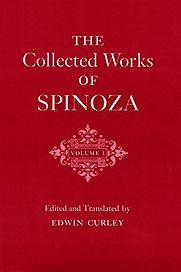






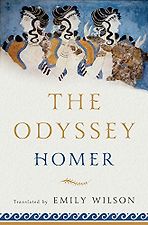

Commentary